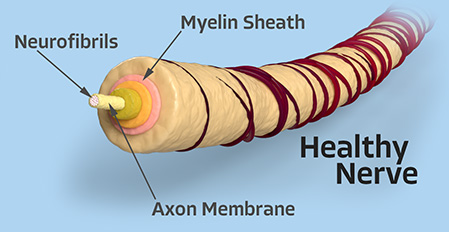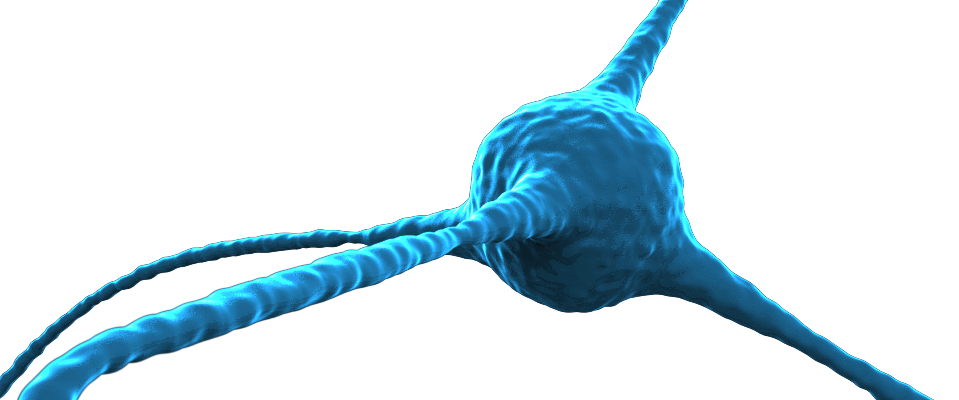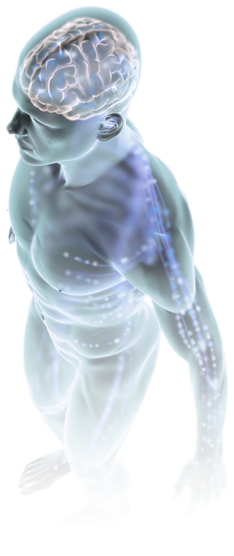Diabetic & Peripheral Neuropathy

What is Neuropathy?
Peripheral Neuropathy is a condition of the nervous system that typically causes numbness, tingling, burning, aching, and a variety of other symptoms. Many patients also report experiencing restless legs or throbbing, cramping pain in their hands or feet.
Peripheral neuropathy can result from problems such as traumatic injuries, infections, metabolic problems and exposure to toxins. One of the most common causes is diabetes.
Poor blood circulation may also be a major contributing factor that leads to neuropathy. Diabetics are especially susceptible to neuropathy due to the damage high sugar levels may inflict on the small vessels responsible for delivering blood to the nerves. High glucose levels are believed to adversely affect the amount of oxygen provided to the nerves thus leading to neuropathy.
What is Peripheral Neuropathy?
Peripheral Neuropathy is a medical term that describes the problems that occur when your nerve endings are damaged. If you have had Peripheral Neuropathy for 3 years or less, your chance of success is extremely high. If you have been diagnosed with Neuropathy or have been suffering from the symptoms below, please contact us to schedule a consultation.
Nerve Degeneration Can Cause Neuropathy
Our Goal For you
NO MORE Pain, NO MORE Numbness, NO MORE Tingling and NO MORE Burning! Most patients begin to sleep better, walk with ease, return to normal activities and start enjoying their lives again!
A number of factors can cause Peripheral Neuropathies
It’s not always easy to pinpoint the cause of Peripheral Neuropathy. A number of factors can contribute. Please call our clinic to learn if this treatment can help your condition.
Diabetes

Diabetes is the most common cause of Peripheral Neuropathy and can occur even in Diabetics who keep their blood sugar levels under control.
Chemotherapy

Patients undergoing chemotherapy often develop Neuropathy during or after the treatment.
Trauma or pressure on the nerve

Neuropathy commonly occurs after injury to nerves in the legs, and in patients diagnosed with Reflex Sympathetic Dystrophy due to trauma.
Circulation disorders

Poor circulation leading to foot ulcers, and blockage of blood supply to the leg can also cause Neuropathy.
Alcoholism

Many alcoholics develop Peripheral Neuropathy due to nerve ending damage.
Restless legs syndrome

Peripheral Neuropathy can be an associated medical condition for patients diagnosed with Restless Legs Syndrome, characterized by cramping and other unpleasant sensations in the legs.
Diseases

Autoimmune diseases, kidney disease, liver disease and thyroid conditions can also cause Peripheral Neuropathy, as can certain viral or bacterial infections, including Hepatitis C and HIV/AIDS.



